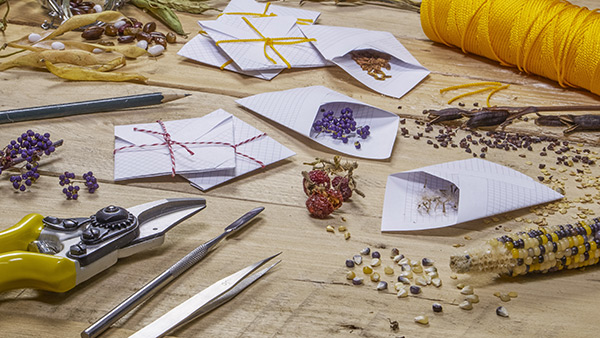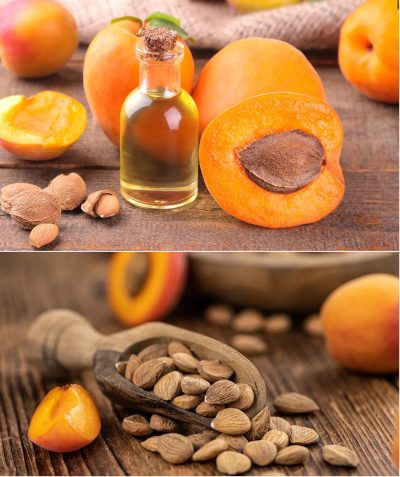Cheaper seeds and better-tasting vegetables: Why you need heirloom seeds for your homestead

(Natural News) When it comes to seeds, most gardeners are familiar with hybrid seeds, but not all know about heirloom seeds. While using hybrid seeds has certain perks and advantages, planting heirloom seeds can become a wonderful addition to your homestead. (h/t to UKSurvivalGuides.com)
What are heirloom seeds?
Heirloom seeds refer to seeds that have existed for at least 50 years, dating back before World War II. Most of these seeds are handed down through generations in families and communities. Some of them may have come from universities in the early stages of cross-breeding. Overall, these seeds come from a different time. Planting these seeds today may give a taste of what the people back then used to eat.
Most fruits and vegetables sold in the market today come from hybrid seeds. Hybrid seeds come from plants that gardeners intentionally cross-pollinated in a process called close pollination. For example, two varieties of tomatoes each have unique advantages. The gardener cross-pollinates the two to boost their characteristics.
Heirloom seeds come from open pollination. Cross-pollination naturally happens through the insects, like bees and butterflies and the air. Unlike the uniform crops that come from other seeds, heirloom seeds produce “mixed crops.” This means that crops have varying shapes, sizes and growth times.
Advantages of using heirloom seeds
Hybrid seeds produce crops with combined favorable traits, including higher yield and plant size. But heirloom seeds also have some advantages that can prove beneficial to any prepper and homesteader.
The power of the elements: Discover Colloidal Silver Mouthwash with quality, natural ingredients like Sangre de Drago sap, black walnut hulls, menthol crystals and more. Zero artificial sweeteners, colors or alcohol. Learn more at the Health Ranger Store and help support this news site.
1. They taste better
A lot of gardeners report that crops from heirloom seeds taste better than those from hybrid seeds. One famous example is Bonnie’s heirloom tomato varieties like Pink Brandywine.
Experts are not quite sure of the reason for this, but some gardeners speculate that it’s due to their organic nature. Hybrid seeds are meant to produce lots of yield in one plant and the plant cannot effectively work on each fruit. The yield from heirloom seeds may not be as big, but the taste may be significantly better.
2. They grow on their own time
Unlike other seeds, heirloom seeds grow and produce on their own time. This can be beneficial in some ways. Since the yield does not come all at once, it is possible to have crops sprouting multiple times throughout the year.
3. They are more nutritious
One significant difference that makes heirloom seeds stand out is harvesting time. People let the yield of heirloom seeds ripen on the plant itself. Compared to that, crops of other seeds have to be picked ahead of time to extend their shelf life. Crops from heirloom seeds have more time to grow, which may account for their higher nutritional value.
4. They can help you save money
Once you get heirloom seeds, you may no longer need to buy another batch. You can simply use the seeds from the yield and it will feature the same characteristics of the parent plant. This saves you some money in the future. Additionally, any extra seeds you have can be used to trade with other heirloom varieties.
5. They are environmentally friendly
Most store-bought seeds are placed inside different kinds of packaging. Since you may no longer need to buy as many packets as before, you reduce your plastic or paper footprint. This is one simple way of helping the environment.
It is difficult to find heirloom seeds in stores, but there are many sources online. Make sure to do your homework and buy from reputable dealers.
Sources include:



